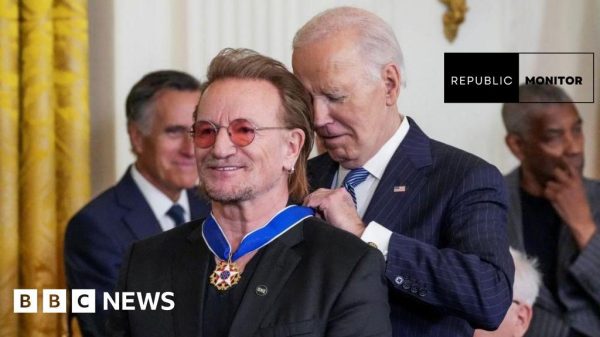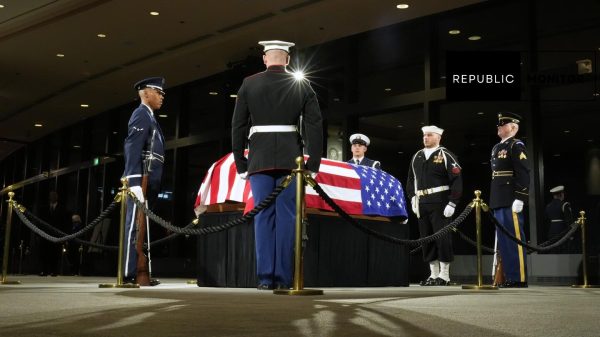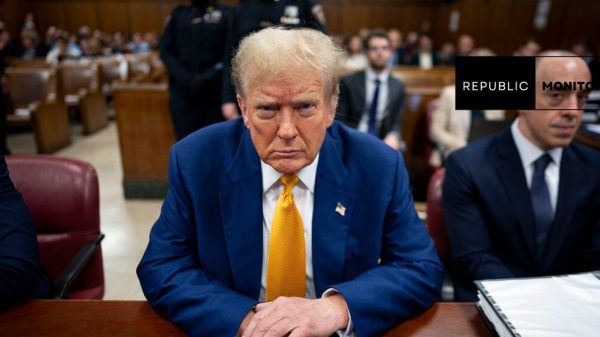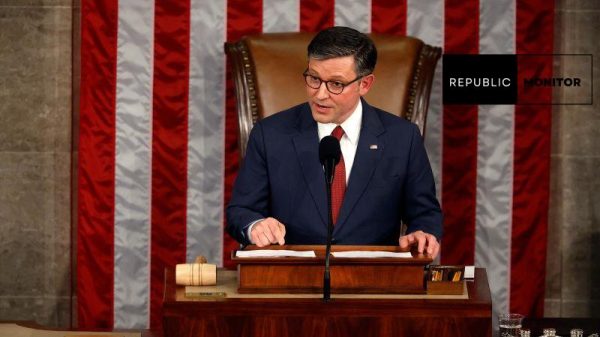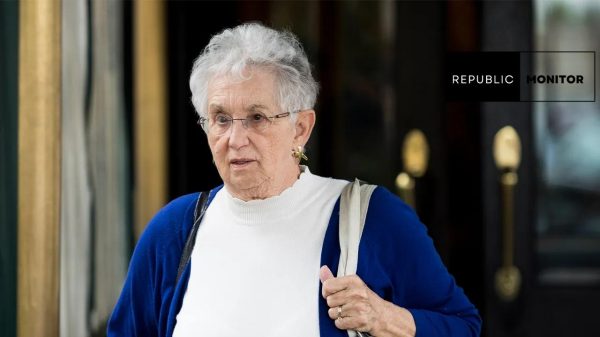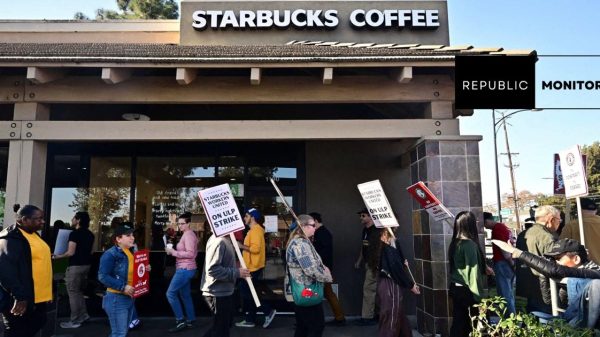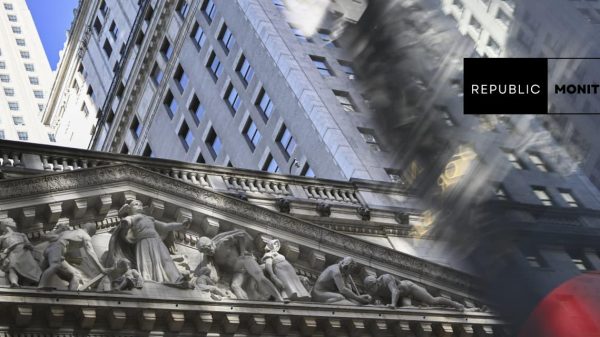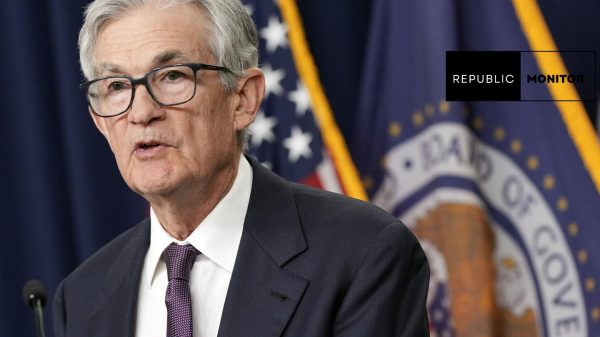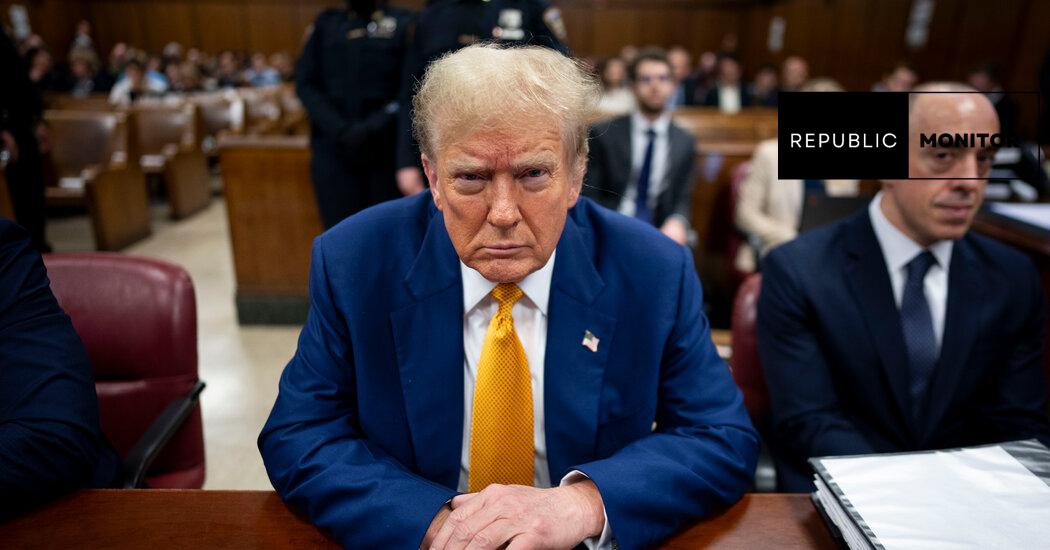On January 10, 2024, all eyes will be on the courtroom as former President Donald Trump faces sentencing for his hush money case. A New York judge has decided not to throw Trump in jail, which could have major implications for his upcoming presidency. This event marks a momentous occasion, as it is not every day that a convicted felon enters the White House.
What’s Happening?
Recently, Judge Juan M. Merchan upheld Trump’s felony conviction, confirming that he should be sentenced for his part in falsifying business records related to a payment made to adult film star Stormy Daniels in 2016. This payment was allegedly made to keep her from sharing details about a past relationship with Trump. The decision has sparked conversations and debates across the country about the integrity of the justice system and the responsibilities of elected officials.
Understanding the Sentencing
- Trump’s sentencing is set for January 10, 2024.
- The judge indicated that he may grant Trump an unconditional discharge, which means he could avoid jail time and probation.
- This outcome is significant, as it would make Trump the first felon to occupy the presidency.
Trump’s legal team plans to continue fighting the charges, expressing their dissatisfaction with the judge’s ruling, which they feel overlooks arguments of presidential immunity. The upcoming sentencing will occur right in the middle of Trump’s transition period as he prepares for his return to the presidency.
What Does This Mean for Trump?
Even though the judge seems inclined to avoid severe punishment, the fact that Trump remains a convicted felon raises many questions. His spokesperson, Steven Cheung, criticized the ruling, saying it prevents Trump from focusing on his presidential duties. Cheung suggested that the charges should have been dismissed altogether.
Legal Challenges Ahead
- Trump’s team has several legal routes they can take to challenge both the conviction and the impending sentencing.
- However, it is important to note that presidential pardons do not apply to state-level convictions, meaning Trump can’t simply wipe the slate clean through a self-pardon.
The stakes are high as Trump’s legal battles continue, and he prepares for another term in office amidst these controversies. The outcome of this case could set precedents for how future politicians may navigate similar legal challenges.
Can He Appeal?
As Trump continues to build his defense, he may consider more appeals to overturn the conviction. Many legal experts believe that this route may only complicate his situation further, especially with a courtroom full of media and public scrutiny. The question of whether these appeals could delay the sentencing or influence the final judgment remains a hot topic.
What Do Prosecutors Say?
Prosecutors are adamant that Trump should be held accountable for his actions. They have emphasized the importance of maintaining the rule of law, especially regarding financial integrity in political campaigns. Trump’s controversy surrounding the hush money payment has raised broader questions about ethics within politics and the responsibilities that come with high office.
Looking Forward
The nation watches with bated breath as the January 10 sentencing approaches. Will Trump avoid jail time, or will this case shift the landscape of American politics forever? One thing is clear: the outcome of this legal battle will have lasting implications not only for Trump but also for the future of presidential accountability.
| Key Dates | Event |
|---|---|
| January 10, 2024 | Trump’s Sentencing Hearing |
| Ongoing | Potential Appeals Process |

